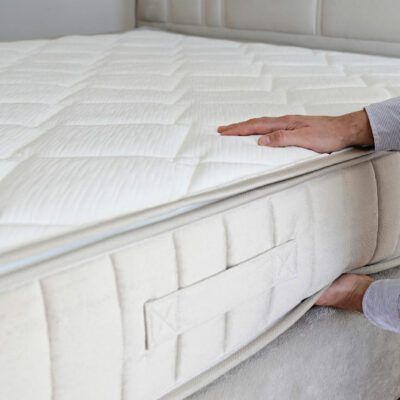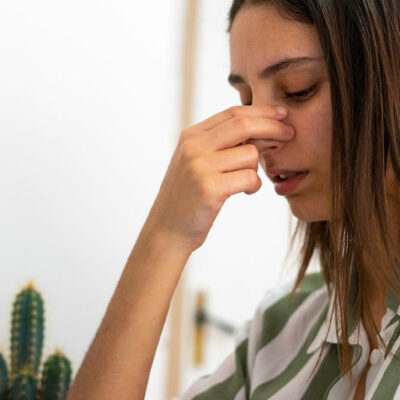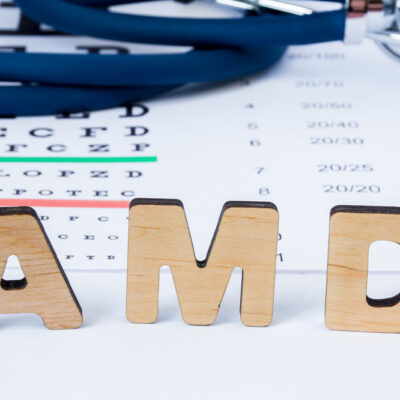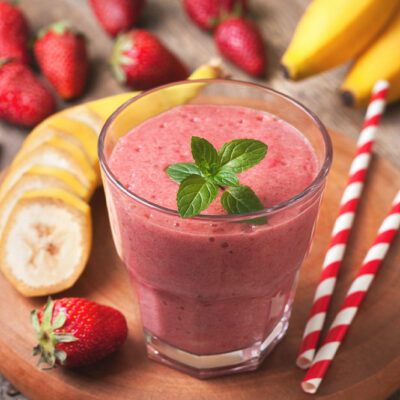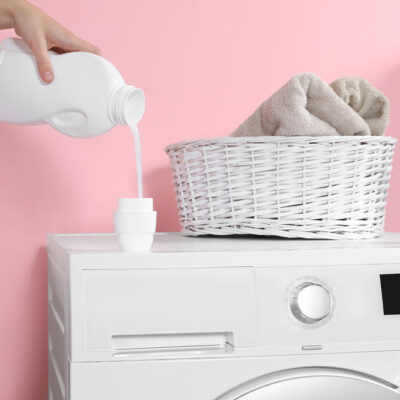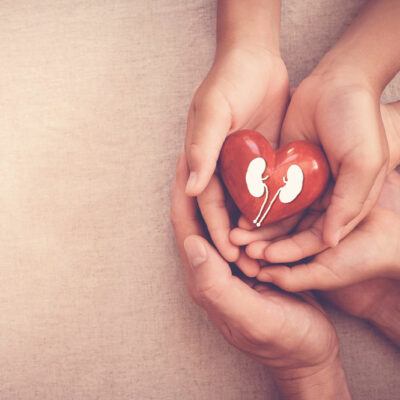11 unhealthy habits that damage the teeth
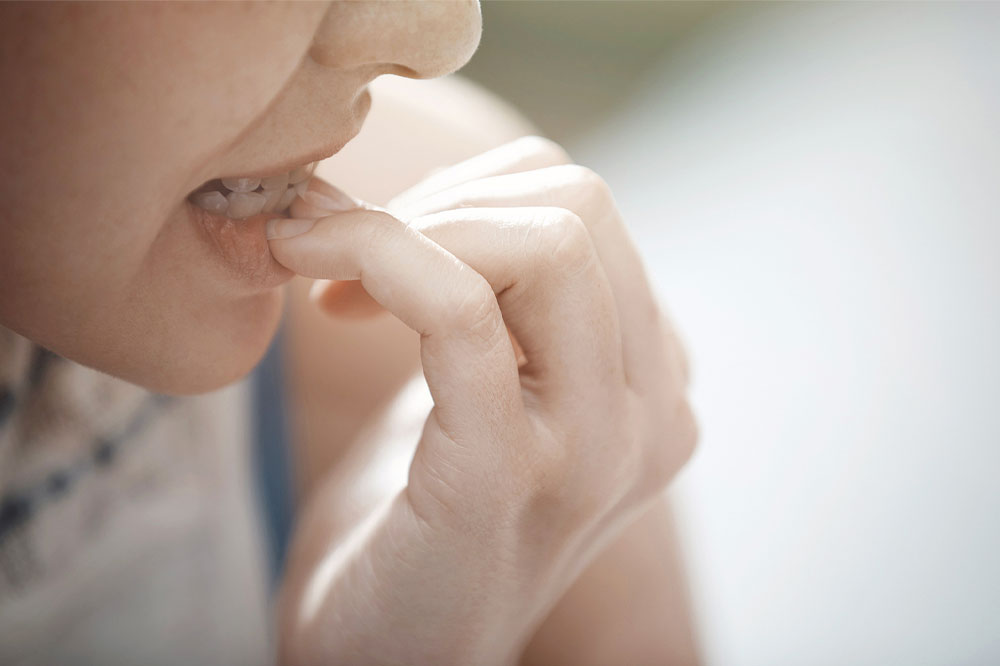
Living in a fast-paced life keeps one busy all the time. But this also results in several people falling prey to a few unhealthy habits, sometimes without realizing it. Some of these poor practices may have detrimental effects on the body, including oral health. And the damage caused to them could result in infections and even searing pain. Therefore, here are 11 unhealthy habits to avoid to improve the health of your teeth.
Using teeth as a tool
The teeth are necessary to chew foods so they can be digested easily. However, people tend to open tins and bottles or cut price tags with their canines and molars. Doing so puts the teeth at risk of accidental cracking or jaw injuries. Therefore, one must avoid this and use official tools handy instead. These include using a can opener, bottle opener, and scissors.
Biting nails
Many individuals are habitual of biting their nails subconsciously, especially when they are nervous. But biting the nails could result in the chipping of teeth and also impact the jaw. Furthermore, since the fingernails touch various objects throughout the day, they collect dust and bacteria. Therefore, biting nails could expose the mouth to such bacteria and result in gum disease. To curb this unhealthy habit, one should consider painting their nails with bitter nail polish or practicing stress management techniques, such as exercise or meditation.
Grinding of teeth
Another common unhealthy habit that one may develop is grinding their teeth. Teeth grinding (bruxism) may occur during the day or when an individual is asleep. The phenomenon could be caused due to mental health factors such as stress and anxiety. Bruxism could hamper the quality of teeth, wear them down and leave them exposed to decay. Therefore, someone who grinds their teeth due to stress should try management techniques like meditation and exercise. Speaking to an expert about using a mouthguard may help break this unhealthy habit.
Chewing ice
Most people enjoy chewing on ice, especially in the summer, because of its refreshing feeling. But even this could have damaging effects on the teeth. The excessively cool temperature of ice may result in fractures of teeth. Its cold nature may also cause dental restorations, such as fillings, to deteriorate and break. So to protect teeth, one must steer clear of chewing on ice cubes. Furthermore, drinking beverages with ice through a straw or without ice may also help prevent teeth health.
Frequent snacking
Eating at irregular intervals throughout the day and even at night is generally unhealthy for the body. Furthermore, when one eats at unusual times, cavity-forming bacteria may feast on leftover food particulates in their mouth, which produces acid. The acid may erode the enamel and lead to decay. So instead of snacking frequently, one should ensure they set fixed meal times. One should also eat healthy foods rich in proteins and drink lots of water to help wash away leftover food particles.
Chewing or biting foreign objects
Most people chew on foreign objects at some point in their lives when focusing on a task, such as on the tip of a pencil or eyeglasses. The repetitive process puts immense pressure on the teeth, which could result in them cracking or shifting. Since the objects are exposed to various surfaces, they may carry germs which could lead to infections following contact with the mouth. Instead of munching on such items, one should chew on sugar-free gum or healthy vegetables to keep their mouth occupied.
Sucking of the thumb
Another common unhealthy habit usually noticed among children between the ages of five and six is thumb sucking. It is during this time when baby teeth are replaced with permanent ones. So indulging in unhealthy habits, such as thumb sucking, may permanently alter the structure of their teeth and jaw structure. Therefore, elders must keep a child’s hands busy with other activities so they do not suck their thumb and let the teeth develop normally.
Brushing too hard
Individuals must brush at least twice a day to maintain their oral health. But some individuals may tend to brush their teeth with excessive force. The pressure from the bristles may irritate the gums and cause them to recede. Furthermore, the recession of gums may erode the tooth enamel and trigger tooth sensitivity. So one needs to avoid brushing too hard to protect the teeth. A workaround is to use a toothbrush with soft bristles and replace the brush every three to four months, even if the product shows no signs of wear and tear.
Using toothpicks
Food particles may often get lodged between teeth following a meal, which can get annoying. As a solution, one may use toothpicks to pick the food debris out from the gaps between teeth. But studies show that poking around with this object or other non-dental implements may lead to damaged, infected gums. Instead, one should use floss or an ADA-approved dental cleaning tool to remove food lodged between the teeth.
Drinking carbonated drinks
Drinking carbonated beverages may adversely affect an individual’s health, including causing damage to the teeth. The property may lead to erosion of the tooth enamel, which could affect one’s oral health. Therefore, one should avoid drinking such beverages and switch to plain water, milk, or black or green tea. These liquids are better alternatives that may strengthen the enamel and protect the teeth from mouth bacteria.
Eating sugary foods
Eating sugary foods rich in sugars is extremely unhealthy for the body. Eating these foods may feed the bacteria in the mouth, which could lead to tooth decay. A few unhealthy options to avoid are cakes, chocolates, and sugary beverages. Instead, the individual should consume balanced meals so they are less likely to feel hungry between meals. Moreover, if they eat sugar-rich foods, they must drink plenty of water to flush out its harmful effects on the teeth and the body.
